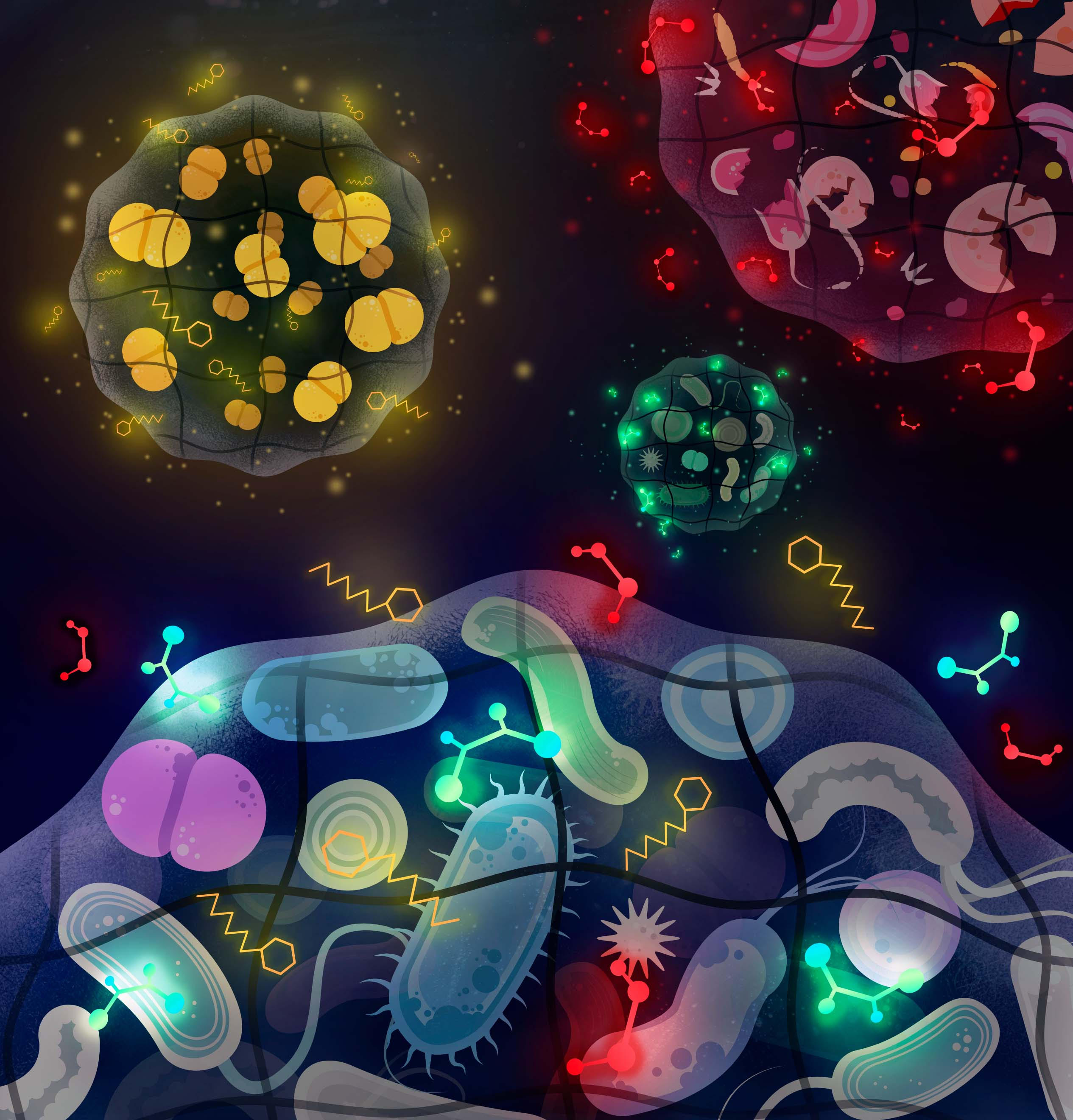
Dr. Tagbo Herman Roland Niepa
Associate Professor, Biomedical Engineering and Chemical Engineering
- Doherty Hall
- 412-268-9851
Doherty Hall 3111
Carnegie Mellon University
5000 Forbes Avenue
Pittsburgh, PA 15213
Education
- B.S., Syracuse University, 2009
- Ph.D., Syracuse University, 2014
Bio
Tagbo H.R. Niepa is an associate professor in the Department of Chemical and Biomedical Engineering at Carnegie Mellon University. Niepa’s lab has three areas of research. The first targets drug-resistant pathogens. Niepa's methods offer an alternative to antibiotics by using physical chemical factors to create new surfaces that could be activated to eradicate microbes and kill pathogens. The second area of research focuses on interfacial biofilms, particularly the often-overlooked fluid interfaces where biofilms form. Niepa is investigating how interfacial phenomena activate bacteria to generate new materials. The third area of research replicates the human microbiome by encapsulating microbes.
Niepa received his bachelor's degree in biomedical engineering from Syracuse University, after transferring from the University of Dortmund, Germany. He also received his Ph.D. in chemical engineering from Syracuse University. Niepa held a Postdoctoral Fellowship for Academic Diversity in the University of Pennsylvania's department of chemical and biomolecular engineering. Most recently, he served as an assistant professor of chemical and petroleum engineering at the University of Pittsburgh.
Niepa received the prestigious National Institutes of Health Director's New Innovator Award to support unconventional approaches to major challenges in biomedical and behavioral research. He also received a Faculty Early Career Development (CAREER) Award from the National Science Foundation (NSF).
Research
Niepa's lab pursues three areas of research. The first targets drug-resistant pathogens. Niepa's methods offer an alternative to antibiotics, which are the conventional method. He is using physical chemical factors, such as electrical current, nanoparticles, and nanomaterials, to create new surfaces that could be activated to eradicate microbes and kill pathogens.
The second area of research focuses on interfacial biofilms. Niepa is particularly interested in the often-overlooked fluid interfaces where biofilms form. These interfaces are usually rich in energy, which can trigger unique behaviors, like the ability of a mosquito to sit on water. Niepa is investigating how interfacial phenomena activate bacteria to generate new materials. In situations like cleaning up an oil spill, the materials could be beneficial. In other cases, like inside the lung of a cystic fibrosis patient, the materials could be harmful.
Niepa's third area of research replicates the human microbiome by encapsulating microbes. He is designing a system to extract our own microbiome when we are healthy and store it for use when we are ill. This approach would reduce the risk of cross-contamination with fecal microbiota transplants, because the patient would be their own transplant donor.
Research Interests: biomaterials, biotechnology and pharmaceutical engineering, colloids, machine learning, microfluidic systems, nanomaterials, polymer engineering, pulmonary diseases, soft materials and complex fluids, transport phenomena, infection control, microbiome engineering

Awards and Recognitions
- 2022 NIH Director's New Innovator (DP2) Award winner.
- 2022 Appreciation Award from the BMES Chapter of Polytechnic University of Puerto Rico.
- 2022 NSF CAREER Award winner.
-
2021 Special Scientist Lecture Speaker sponsored by the International Journal of Nanomedicine
-
2018 Pre-PhD Best Mentor Award for superior measure of intentionality and dedication, University of Pittsburgh’s Pre-PhD Undergraduate Research Experience.